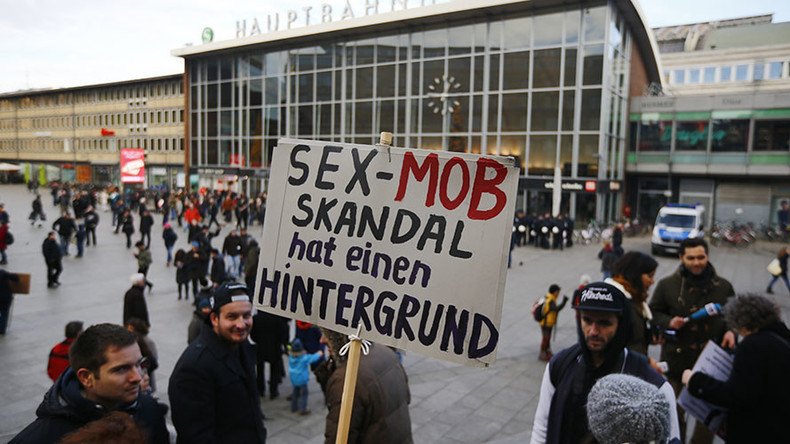You no longer have to fight attacker to prove rape: Germany updates law in wake of NYE assaults

Germany has updated its rape laws in the wake of the Cologne sex attacks. Under the old regulations, the victim had to protest both physically and verbally to prove a rape attempt. This has been changed to only requiring a spoken refusal.
The decision on Wednesday was considered a legislative victory for Germany. The country saw rising numbers of sexual assaults around New Year’s Eve. There were also heightened tensions over the rapid influx of Middle Eastern refugees, which served to increase media attention on the assaults.
Justice Minister Heiko Maas issued a statement, saying it was “high time” that change came about. “We owe that to the victims.”
Unknown men stage attacks on immigrants in downtown Cologne https://t.co/YGOHCqxA4vpic.twitter.com/JqnzV0OxMD
— RT (@RT_com) January 11, 2016
Verbal refusal to have intercourse should be enough reason to prosecute, according to the minister, because a victim shouldn’t have to wait to be attacked and be caused physical harm.
There is a whole range of “real life situations” that don’t reflect the current law, Maas says. At times a victim will be taken by complete surprise. At other times the situation may involve an abusive relationship. There is likewise a potential for threat of future violence. In other words, there are often disadvantages to even reporting assaults to the authorities.
The run-up to New Year’s Eve saw hundreds of reported sexual assaults and muggings take place in Cologne. They were largely blamed on men of Middle Eastern or North African descent. The debate over this is ongoing, with a portion of the German public up in arms.
‘Taharrush gamea’ comes to Germany? Police fear #Cologne sex abuse may be imported practicehttps://t.co/DDrbjD13Gppic.twitter.com/41aGjm1YM1
— RT (@RT_com) January 11, 2016
Chancellor Angela Merkel has been facing staunch opposition over her refugee policy. Some are still shocked that the anti-immigrant AfD party secured such a huge number of votes. Merkel suffered losses in two out of three states in the major regional elections, including her own home state of Baden-Wuerttemberg.
After a record 1.1 million asylum seekers arrived in the country in 2015 alone, many Germans are worried about what will happen to their homeland with such an intake of newcomers. The mass assaults resulted in an overwhelming 81 percent of Germans saying the migrant crisis is “out of control” under Merkel’s rule.












